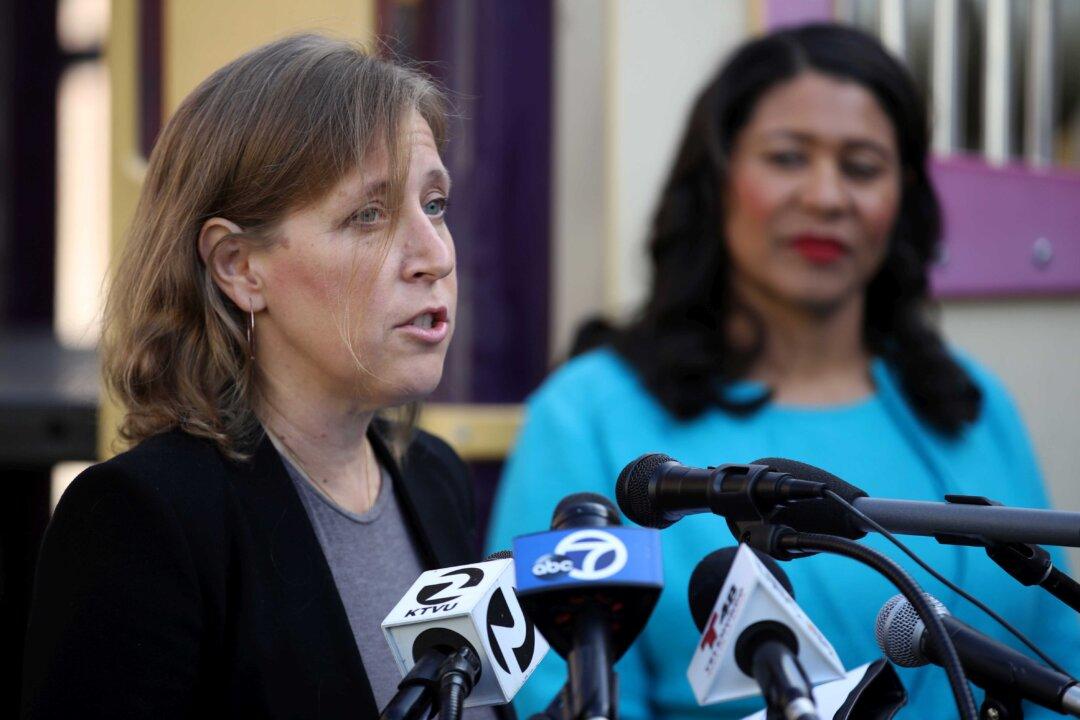Commentary
George Orwell was, as we all are, the product of his experiences. When he wrote his final book, “1984,” it was the final prophecy of what he had already seen.

George Orwell was, as we all are, the product of his experiences. When he wrote his final book, “1984,” it was the final prophecy of what he had already seen.